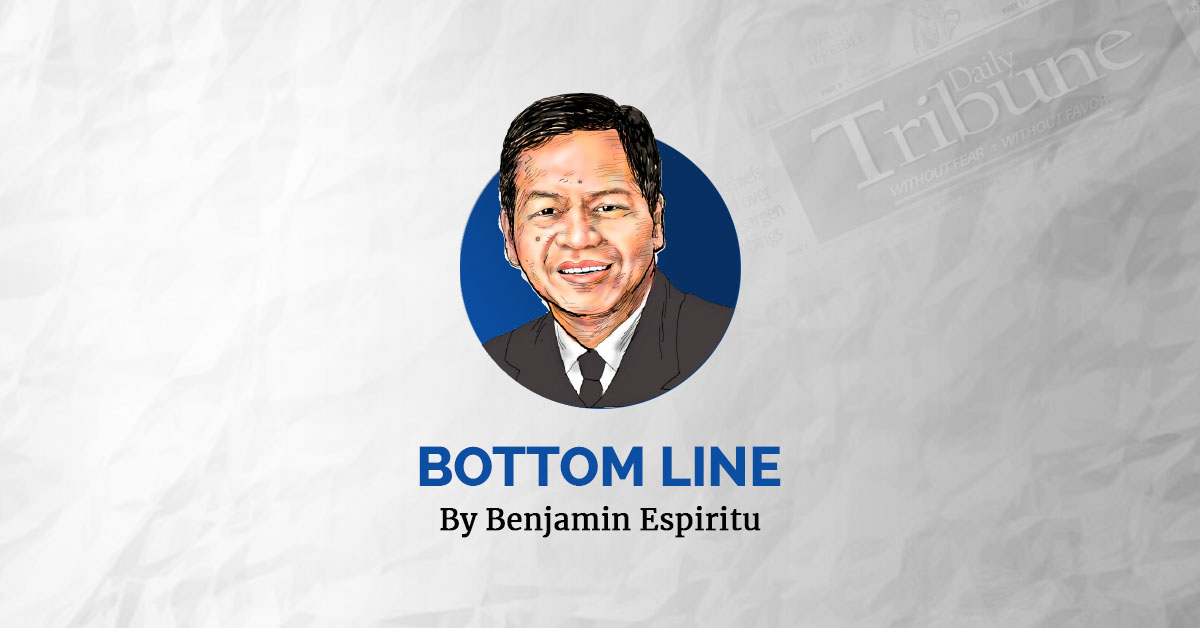The Bureau of the Treasury or BTr recently reported that the national government’s total outstanding debt reached P14.24 trillion as of July 2023. This is the highest in the nation’s history.
This was preceded by a Social Weather Stations survey conducted at the end of June, which found that 45 percent of Filipino families considered themselves poor and 33 percent regarded themselves as “borderline.”
Another survey conducted during the same period found that 10.4 percent of Filipino families experienced involuntary hunger, operationally defined as being hungry and not having anything to eat, at least once in the past three months. This figure was higher than the 9.8 percent hunger figure in March 2023.
Earlier this month, the Philippine Statistics Authority reported that overall inflation, about which practically everyone you talk to these days is complaining, rose to 5.3 percent in August from 4.7 percent in July.
Needless to say, the country has many problems — economic, environmental, health, food and agricultural production, public safety, and territorial integrity, among many other things.
However, what I find truly alarming is the recent World Population Review data that ranks Filipinos 111th worldwide in terms of intelligence quotient. It places us below average and in the lower half of the ASEAN. We ranked better only against Laos (114th) and Indonesia (130th).
This column does not intend to discuss the causes of the problems we are experiencing and the major crises we will be facing. We know the reasons. What we should discuss is how to forestall or mitigate such concerns.
The primary thing to address is the strengthening of our citizenry. This starts with assuring that today’s youth will not only have the competencies and skills required by the job market of the future but, more importantly, have the required values that will assure that what is right is done and what is wrong is not allowed and sanctioned.
This can only be done through an educational system that teaches such and, more importantly, by the role modeling of parents, teachers, public and private officials, and the religious sector.
The most important asset of any organization, of any nation, is its people. If the people know what is right, do what is right, and do not allow what is wrong to happen or go unpunished, then all of the looming crises in the economy, environment, health, food, and agricultural production, security of our territory, and all the rest, can either be prevented or faced successfully.
However, if the majority of people are not aware of what is truly right or wrong, or if they do tolerate or even do what is wrong, then there is not really much hope for the future.
The philosopher and diplomat, Joseph de Maistre, was supposed to have said, “The people get the government they deserve.” I say that the people get the future they deserve.
So, what must the average Filipino do to forestall crises and assure a better future for our country?
In our own spheres, we should do what is right and speak out against and counter what is wrong. We should work to acquire for ourselves and our children the competencies and skills the job market of the present and tomorrow need. We should follow the laws and report those who break them.
We should do our share in increasing agricultural production and protecting the environment. We should strengthen ourselves and our nation to ensure our territorial integrity and sovereignty. We need to build a knowledgeable, principled citizenry.
Each of us doing our share in our own little corner of the archipelago can be the key to forestalling crises and bringing true progress and prosperity to our nation.
